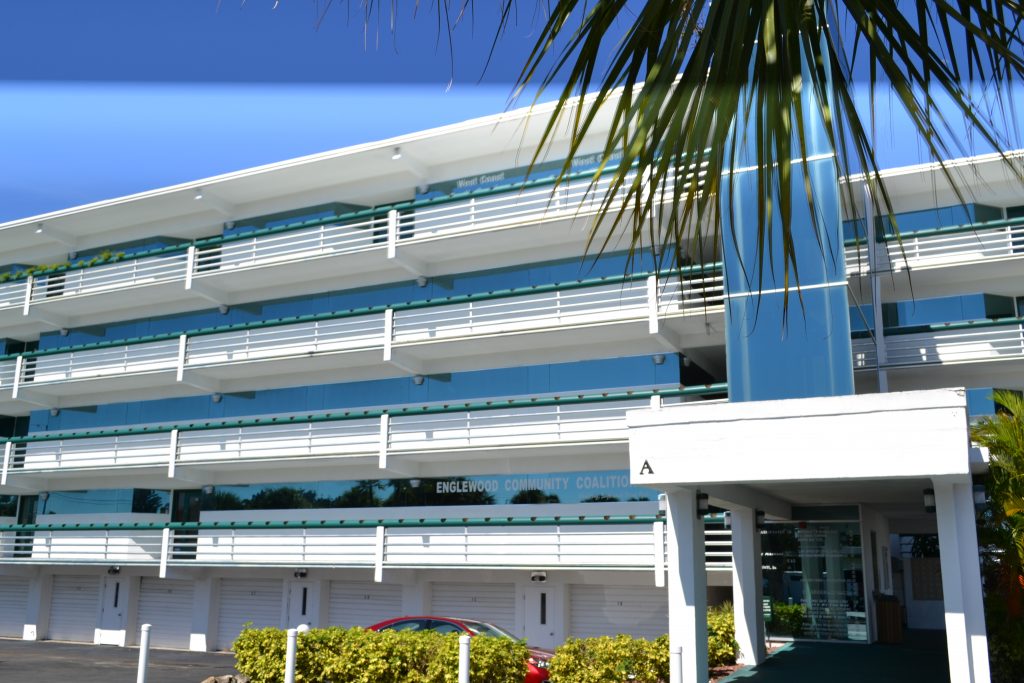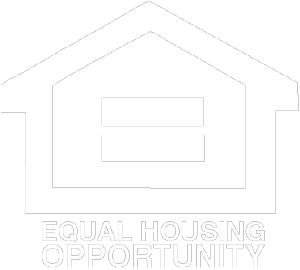
Adjustable-Rate Mortgage (ARM)
What is an Adjustable-Rate Mortgagee?
An adjustable-rate mortgage (ARM) is a mortgage where the interest rate varies on the outstanding loan balance throughout the life of the loan. At the start of the loan, the rate will stay the same for a set period then the rate will adjust up or down based on a benchmark or index plus an additional spread, called the ARM margin. The adjustable-rate mortgage is originated with a rate cap, that is the maximum the interest rate can increase too. With ARM’s the rate can also decrease if the index drops.
A popular ARM is a 5/1 in which the rate stays consistent for the first five years and then is adjusted every year after.
Typically, the starting rate is lower than other mortgage products and allows homebuyers the advantage of purchasing a larger home and qualifying for lower monthly payments. The ARM does carry some uncertainty to the payment amount once the first adjustment is made.
Should you consider an Adjustable-Rate Mortgage?
Lenders typically offer lower rates on ARM’s comparable to a 30-year fixed-rate mortgage because of the risk of changing market interest rates. If you are a first-time homebuyer or you don’t plan on keeping the home over the first initial rate period without refinancing or selling the home, this may be a viable option over a 30-year fixed-rate mortgage and can yield substantial cash savings.
Pros and Cons of the Adjustable-Rate Mortgage
- Lower rates and monthly payments during the first initial rate period
- Rates could fall resulting in even lower payments
- Borrowers can save and invest more money
- A good choice for borrowers who don’t plan on living in once place for very long
Pros
- Rates could go up, resulting in a larger monthly payment
- Difficult to budget household finances with uncertainties
Cons

